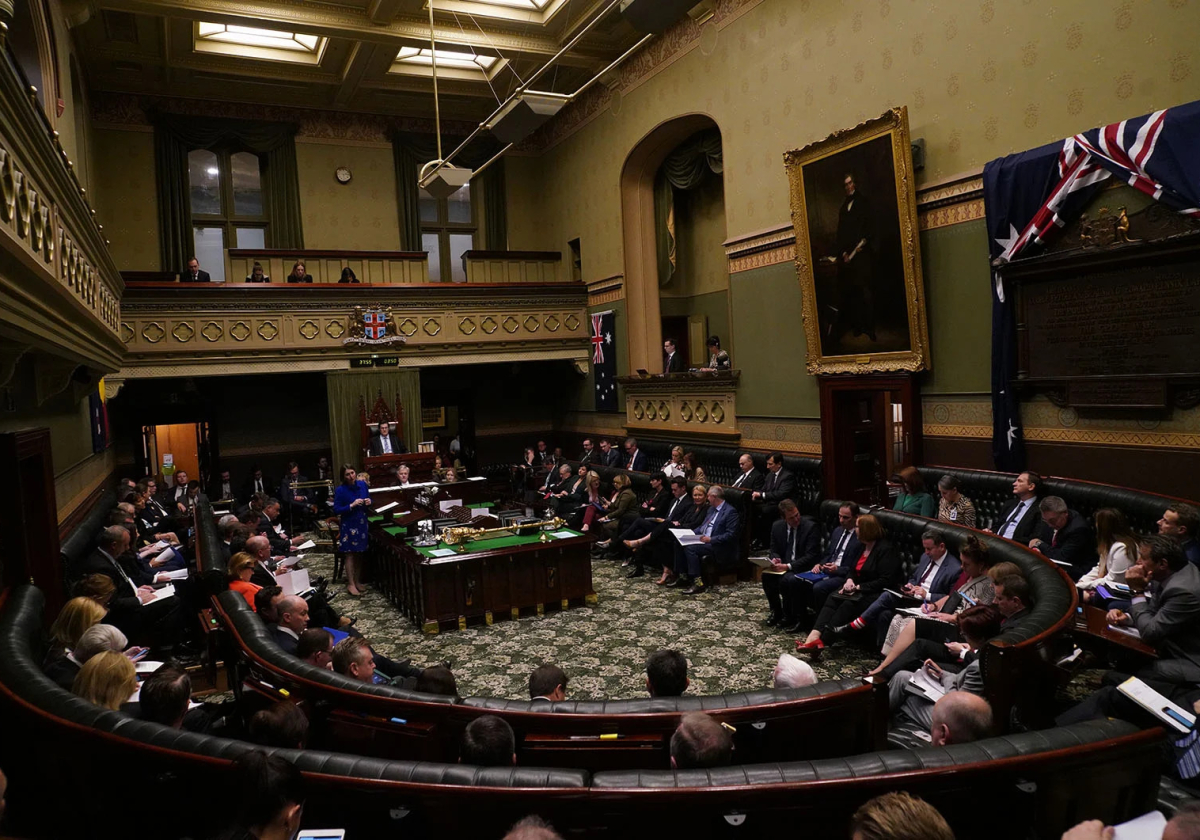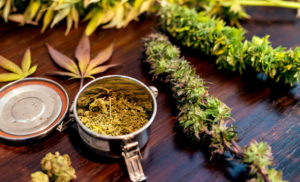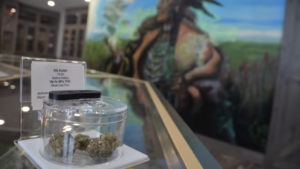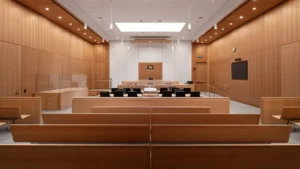From National Indigenous Times by Giovanni Torre October 12 2023
The NSW/ACT Aboriginal Legal Service has welcomed the NSW government’s new drug legislation as “a welcome step towards sensible, fair and evidence-based drug policy”, and encouraged stronger reforms.
On October 12 ALS noted the proposed diversion scheme relies on police discretion, meaning Aboriginal people will continue to be disproportionately harmed by the state’s drug laws.
Aboriginal Legal Service (NSW/ACT) chief executive Karly Warner said: “We all want to see smart and realistic drug laws that result in better access to healthcare for people struggling with addiction, fewer lives at risk behind bars, and safer communities.”
“This new legislation is a step in the right direction but it needs to be strengthened to close the gap,” she said.
“If passed, the legislation will give NSW Police the ability to issue up to two on-the-spot infringement notices for personal drug use and small-quantity drug possession.
“We already know police are disproportionately charging Aboriginal people found with cannabis rather than diverting them from court under the existing cannabis cautioning scheme. Whenever diversion is left up to police discretion, we see our communities bearing the brunt of charges. This evidence tells us that this will also be a problem in this new scheme.”
A recent NSW Bureau of Crime Statistics and Research study found that only 12 per cent of Aboriginal adults found carrying a small amount of cannabis were cautioned by NSW Police, compared to 44 per cent of non-Aboriginal adults in the same situation.
The state government’s legislation could also be strengthened by reconsidering reliance on fines, which are inherently inequitable because they aren’t means-tested, the ALS NSW/ACT noted.
“We can’t rely on fines to address issues of public health. Look at where that got us during the pandemic: Aboriginal communities and households on low incomes were burdened with disproportionate debt, and many of them ended up with criminal charges after attempting to challenge that unfair debt,” Ms Warner said.
The ALS said on Thursday that it continues to call for stronger law reform in line with the findings of the NSW Ice Inquiry.
The inquiry’s recommendations were issued well over three years ago, yet little progress has been made towards their implementation. The Ice Inquiry recommended decriminalisation of drug possession for personal use.































Comments are closed.